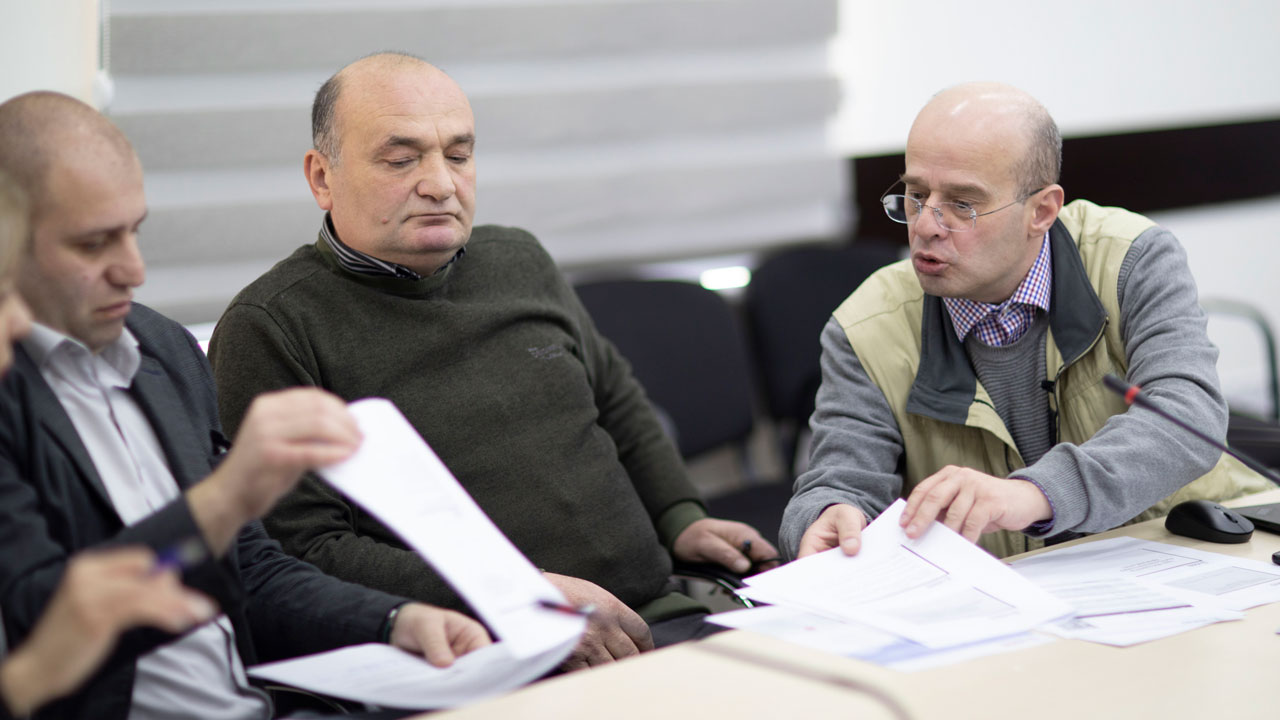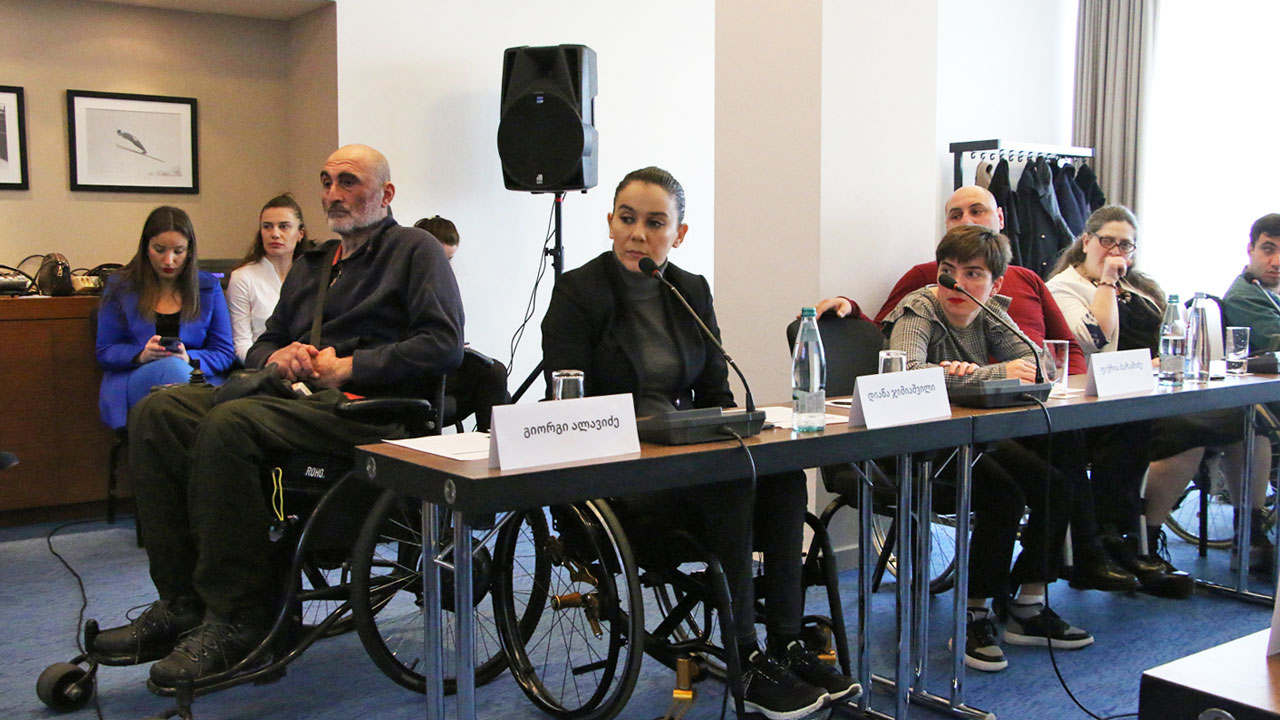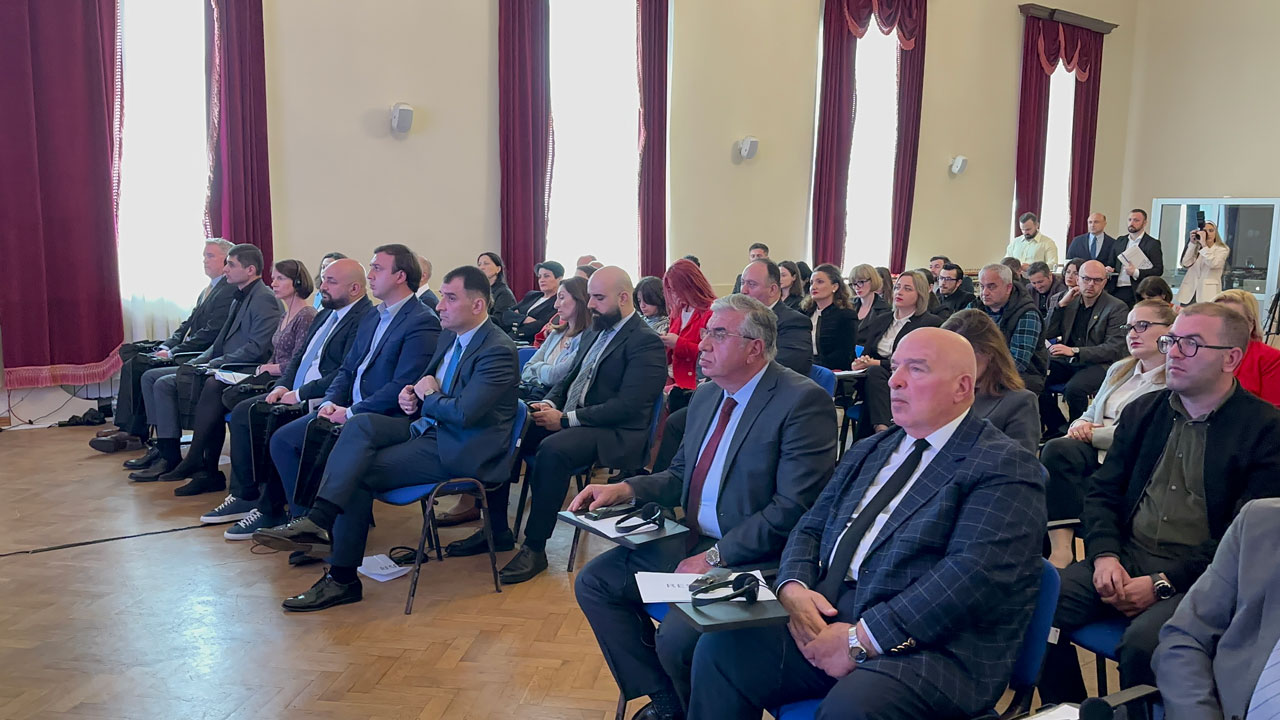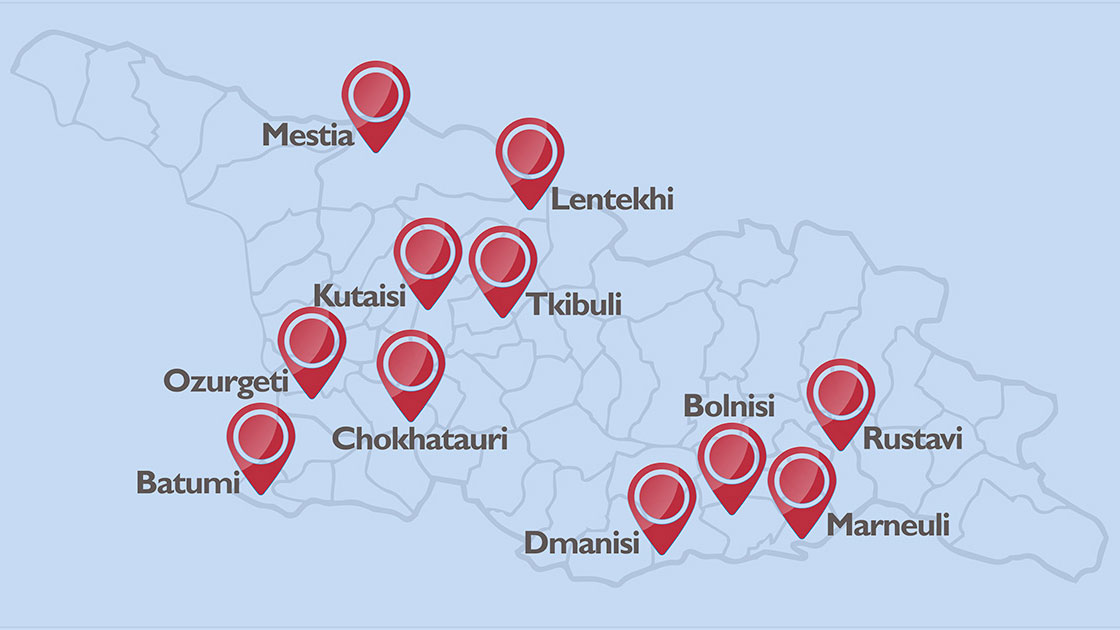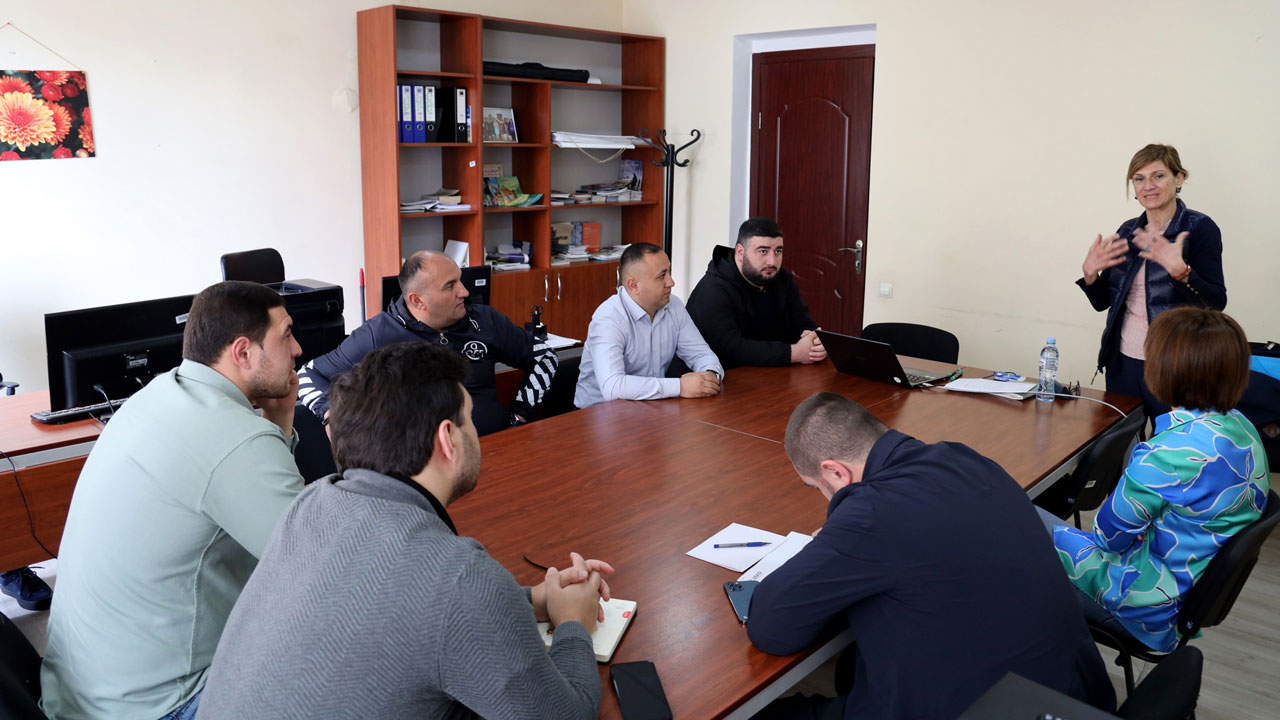
Government decentralization is an effective way to accommodate regional differences and more efficiently provide inclusive services that meet the differentiated needs of vulnerable groups. However, fractured and incomplete decentralization efforts in Georgia have resulted in weak local governance and poor-quality public service delivery at the local level, hindering Georgia’s socioeconomic and democratic development.
The need for and potential benefits of decentralization are not currently well understood by central government authorities, so the required transfer of power and resources to local governments to support decentralization has stalled. Expectations are high for Georgia to usher in a new phase of decentralization and deliver the conditions necessary for authentic self-governance at the local level, particularly with the passing of the Decentralization Strategy 2020–2025.
Benefits
- Providing program support for 22 selected local governments
- Increasing revenues generated by local governments with a 10 percent target
- Building capacity of civil society actors
- Strengthening national commitment to decentralization
Tetra Tech’s local governance and decentralization experts support the long-term success and sustainability of these efforts through implementation of the U.S. Agency for International Development (USAID) Local Governance Program. The program assists select local governments to deliver more citizen-responsive local governance. Our efforts build on the foundation of the USAID-funded Good Governance Initiative, implemented by Tetra Tech from 2015 to 2022. Working collaboratively with stakeholders, the USAID Local Governance Program supports 22 local government municipalities to:
- Improve public administration and accountability systems
- Deliver inclusive and accessible services in alignment with national standards
- Strengthen community service organizations and businesses to reflect their needs
- Increase national-level commitment to decentralization
The USAID Local Governance Program will significantly allow us to not only strengthen the services we provide to our citizens, but also to activate our fellow citizens more, so that they are more involved in the decision-making process.
Specific municipal systems and services will be supported based on the individual needs of each local government, and may include program budgeting; financial management and internal controls/integrity systems; participatory budgeting and/or other forms of citizen engagement; and healthcare, education, and child protection services.
The USAID Local Governance Program also provides an opportunity to help underrepresented members of the communities participate in local democracy and benefit from decentralization and public sector reforms. Investing effectively in citizen-responsive governance will contribute to increased economic growth, democracy, and stability.
At a glance
Contract value
$21.2M
Client
Implementation period
2022–2027
Services
Democracy, rights & governance
At a glance
Contract Value
$21.2M
Client
Implementation Period
2022–2027
Services
Democracy, Rights & Governance
